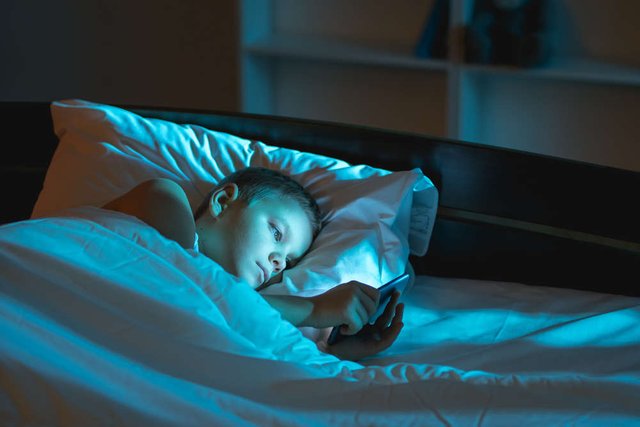Sleepless Children Are Aging Faster At A Cellular Level

Sleep, as boring as it is, is essential. Without it, toxins aren’t removed from the brain, short-term memories aren’t consolidated into long-term memories, our cognitive reasoning and problem solving abilities falter, and the brain even begins to consume itself.
As a new study in the Journal of Pediatrics has revealed, it’s also a good way to extend your life. Specifically, a lack of sleep during childhood causes their DNA to degrade faster than it otherwise would.
Studies have previously linked a lack of sleep to an uptick in cellular aging. This is generally measured by looking at someone’s telomeres, the hats at the end of our chromosomes. These telomeres (Greek for “end part”) prevent chromosomes from being damaged by the surrounding environment or from accidentally fusing with its neighboring chromosomes.
When you age – a process technically called senescence – these telomeres shrink and contract, which opens up your chromosomes to more damage down the line. The shorter the telomeres, the older you are. Similarly, shorter telomeres make you more likely to contract heart disease, develop neurological disorders, suffer from psychological issues, and develop cancer. That’s the long and short of it.
A team at Princeton University wanted to know if this effect was also seen in children, not just adults. In order to test this, they looked through a database that contained detailed information about the sleeping habits of nearly 1,600 9-year-old American kids. They also managed to get DNA samples from the children too, and analyzed their telomere lengths.
For each hour less sleep these children had, their telomere lengths were 1.5 percent shorter. This essentially means that they are aging faster, but it’s not clear at this point to what degree.

As they are still so young, the children sleeping the least showed no signs of the aforementioned diseases or conditions, but it implies that they are more vulnerable to getting them in their later lives.
“We found no difference in this association by race, sex, or socioeconomic status,” the team note in their study.
Children at that age should be sleeping at least nine hours per night, but 10 or 11 is preferable. Unlike adults – where too much sleep is potentially detrimental to cognition – when it comes to kids, the more sleep they have the better, it seems.
Follow us : @nakazakihero
Thanks For Reading and Following us